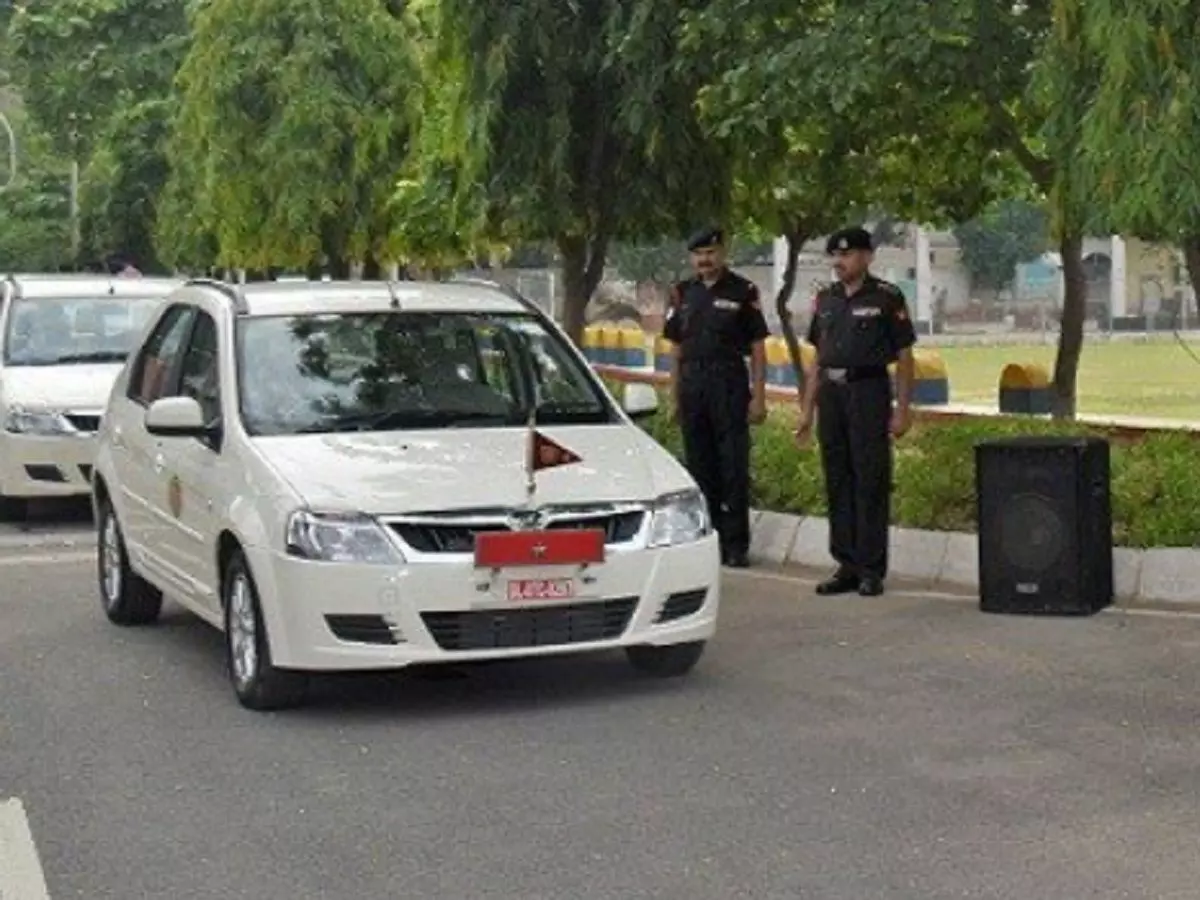After Ministries, Indian Army Inducts 10 Electric Cars For Use In Delhi
Government of India has been steadfast in inducting electric vehicles for use by several of its departments replacing fossil fuel vehicles in the process. Indian Army has joined this list having got its first ever batch of electric cars for the Army officers in Delhi Energy Efficiency Services Ltd EESL has now delivered a batch of 10 electric cars to the Indian Army.

Government of India has been steadfast in inducting electric vehicles for use by several of its departments, replacing fossil fuel vehicles in the process. Now, Indian Army has joined this list, having got its first ever batch of electric vehicles for the Army officers in Delhi.
Energy Efficiency Services Ltd (EESL), a public sector unit responsible for procuring these electric cars for the governmental departments, has now delivered a batch of 10 electric cars to the Indian Army. A pilot project for now, induction of more such electric cars will follow for the defense body.
As for the electric cars in question, a fleet of Mahindra eVeritos has made its way to the Indian Army¡¯s office. Flagged off by Quarter Master General, Lt Gen Gopal R, the eVeritos will cater to the Army officials working in Delhi/ NCR.

(Image: PIB)
Also read: 2.6 Crore Indians, 350k Crore Saving: How Hyperloop One Will Connect Mumbai & Pune At 500 Kmph
Prior to this, the Environment Ministry had recently announced an induction of electric cars for the top officials of the ministry. Similar steps have been taken by for the rest of the ministries as well, following a directive by the Finance Ministry to all the government bodies to prefer electric vehicles over IC engine ones for official purposes.
In addition to this, the government has also taken steps to make these EVs more desirable for the public at large. In the recently announced Union Budget 2019, Finance minister Nirmala Sitharaman announced a reduction in GST on electric vehicles from 12% to 5%. Similarly, those who apply for a loan on electric vehicles will be able to get a tax rebate of up to Rs 1.5 lakh on the loan interest amount.
The idea is to increase the adoption of such zero emission vehicles in the country. While these vehicles will help bring down the vehicular emissions in the country responsible for worsening air pollution levels, they will also cut down the country¡¯s dependence on fossil fuel imports to empower the transportation.
